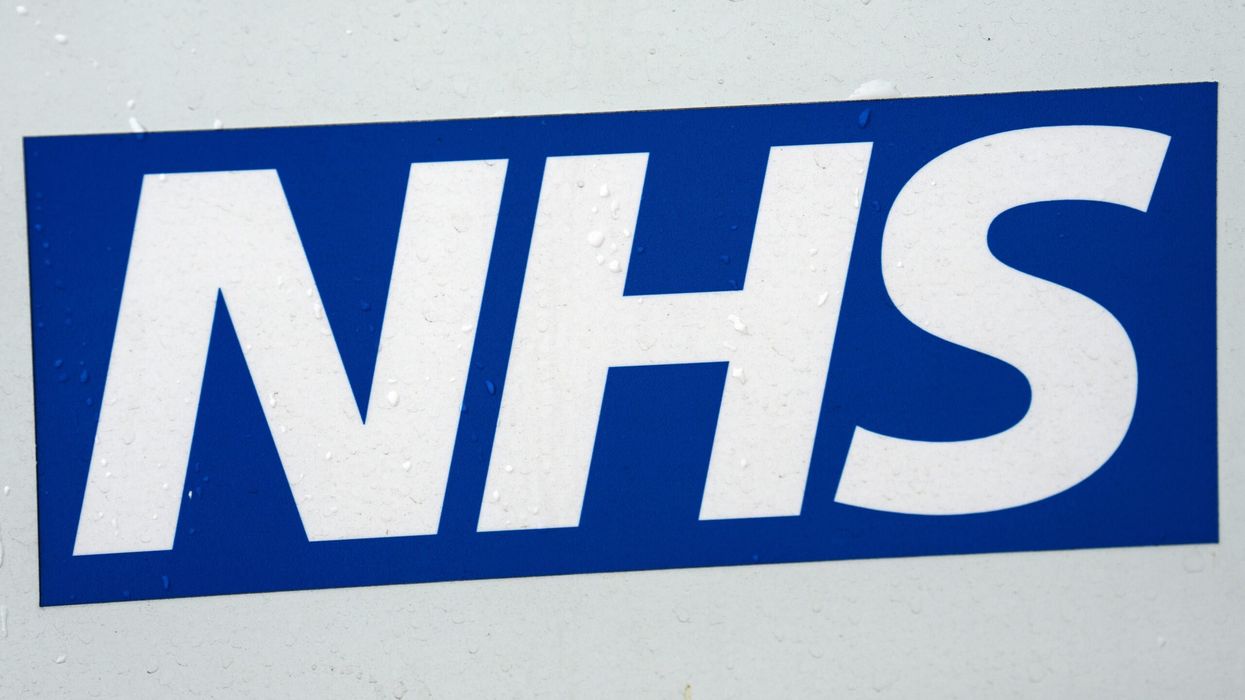NHS staff faced unprecedented pressure in October, with emergency departments and ambulance services handling record demand as the health service prepares for a challenging winter.
Data released today showed 2.36 million A&E attendances last month, up 6 per cent from October 2023, making it the busiest October on record. Emergency admissions also hit a new high, with 567,446 recorded. Ambulance services responded to 759,019 incidents, including 84,108 category 1 emergencies, a 37 per cent rise from October 2019. Despite the demand, A&E performance improved slightly, with 73 per cent of patients seen within four hours compared to 70.3 per cent a year ago.
Delays in discharging patients continued to affect emergency care, with an average of 12,340 hospital beds occupied daily by patients who no longer required them. Call handlers managed 1.187 million 999 calls, the highest this year and up 3 per cent from October 2023.
The NHS also reported progress in reducing waiting lists. The total number of patients waiting for treatment fell by 70,000 in September, dropping from 7.64 million to 7.57 million. The number of patients waiting over a year for elective treatment declined to 249,343, down 33,321 from the previous month and 140,000 since September 2023. However, the target to eliminate 65-week waits was missed, with 22,903 patients still waiting that long.
Diagnostic services achieved record activity, conducting 2.37 million tests in September, a 20 per cent increase compared to September 2019. Cancer checks continued at high levels, with 256,996 urgent referrals and 53,861 treatments performed.
Professor Sir Stephen Powis, NHS National Medical Director, highlighted the pressures: “The NHS is going into winter busier than ever, with record demand for A&E and ambulance services. Despite this, our staff are delivering more treatments and diagnostics, helping to reduce waiting lists.”
Health Secretary Wes Streeting welcomed the progress, citing government measures such as new surgical hubs and scanners aimed at improving productivity and cutting wait times.
The NHS has implemented winter plans, including 24/7 control centres and expanded community care services, to manage the anticipated surge in demand.




